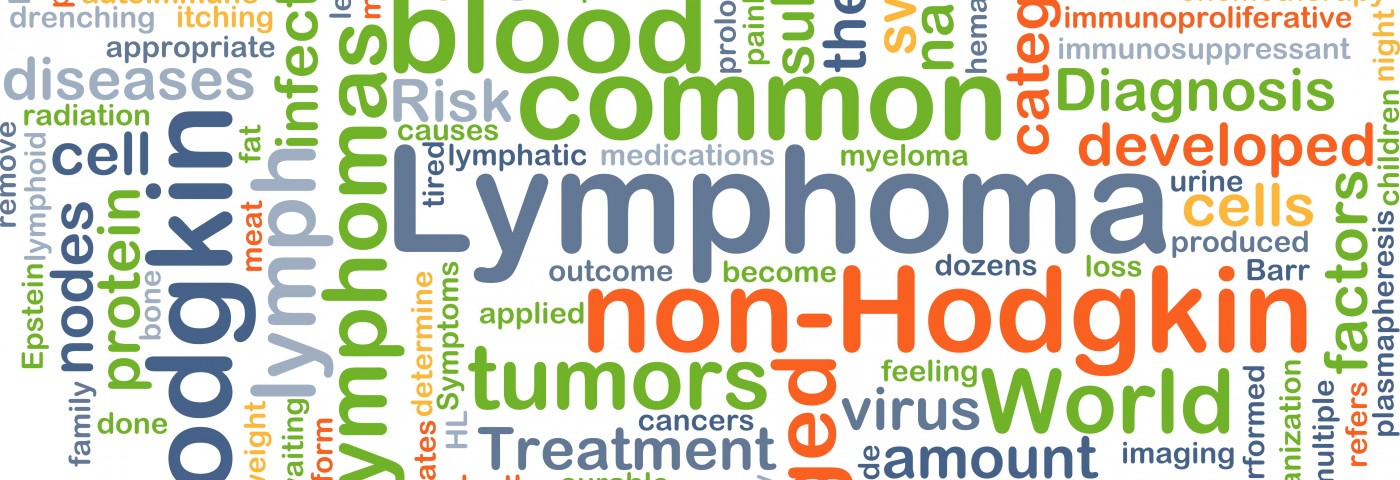Results from a recent Phase 2 study revealed that brentuximab vedotin monotherapy may provide a frontline treatment option for older patients with Hodgkin’s lymphoma (HL) who are unable to tolerate standard combination chemotherapy. The study was published in the journal Blood.
Outcomes in older patients with Hodgkin lymphoma tend to be poor under chemotherapy regimens due to significant treatment-related toxicity problems and comorbidities that often limit therapeutic options. In the study, titled “Phase 2 study of frontline brentuximab vedotin monotherapy in Hodgkin lymphoma patients aged 60 years and older,” Andres Forero-Torres, MD, professor in the division of hematology and oncology at University of Alabama at Birmingham, and colleagues conducted an open-label study to assess the efficacy and safety of the CD-30–directed antibody-drug conjugate brentuximab vedotin (Adcetris, Seattle Genetics) as a first-line treatment for HL patients age 60 or older. Primary and secondary study endpoints included objective response rate (ORR) and complete remission, disease control rate, duration of response and progression-free survival, respectively.
A total of 27 patients (63% with stage III or IV disease), either ineligible for traditional combined chemotherapy or who had refused conventional therapies based on risk information, were included in the analysis. Patients were assigned treatment with 1.8-mg/kg doses of IV brentuximab vedotin every three weeks for up to 16 doses, and those who showed clinical benefit continued to be treated with the composite beyond the 16 doses until either disease progression or intolerable toxicity were shown, or the study ended.
Final data analysis comprised clinical information from 26 patients. The results revealed an ORR of 92%, with 73% and 19% of patients achieving either complete or partial remission, respectively. Two patients achieved stable disease.
At time of analysis, the median duration of response was 9.1 months and median progression-free survival was 10.5 months, while median overall survival had not been reached. The most common adverse events observed were peripheral sensory neuropathy, fatigue and nausea, all ≤ Grade 2 for most patients. The incidence of Grade 3 peripheral neuropathy adverse events was relatively high (30% overall), particularly among patients with known risk factors of diabetes and/or hypothyroidism (46% versus 14% for those without). However, the results showed these risk factors were not associated with delayed time to resolution/improvement of peripheral neuropathy.
“In this population of older patients with Hodgkin’s lymphoma who were unfit for standard chemotherapy, we observed that brentuximab vedotin as a single agent produced a very high rate of response, including a very high rate of complete remission,” Dr. Forero-Torres said in a press release. “While we observed promising responses, the next step is to evaluate this drug in combination with additional chemotherapy or immunotherapies that might allow us to prolong the response without relapse.”


